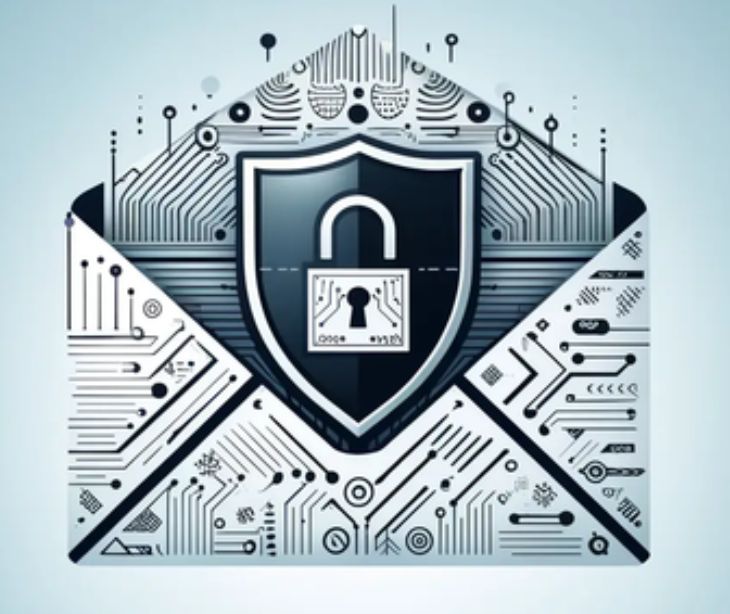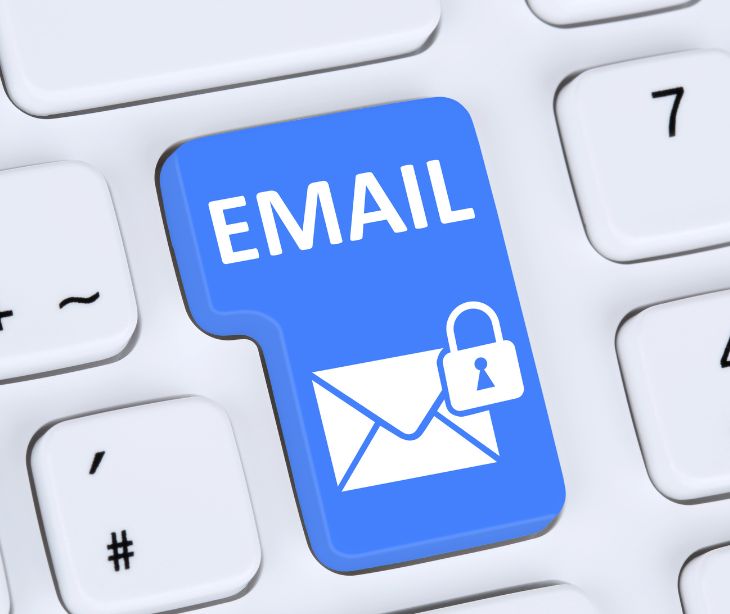
Healthcare organizations can achieve HIPAA compliance by implementing administrative, physical, and technical safeguards for protected health information (PHI), including encryption, access controls, staff training, and selecting HIPAA compliant email service providers. Additionally, obtaining patient consent for PHI transmission via email, promoting alternative secure communication methods, and developing an incident response plan help ensure HIPAA email compliance.
Understanding HIPAA requirements for email communication
The HHS states that "The Privacy Rule allows covered health care providers to communicate electronically, such as through e-mail, with their patients, provided they apply reasonable safeguards when doing so."
HIPAA imposes stringent guidelines on the handling of PHI via email to protect patient confidentiality and prevent unauthorized access. PHI encompasses any information that can identify a patient, such as medical conditions, treatment plans, or test results. Compliance with HIPAA requires healthcare providers to ensure that all emails with PHI are secure and protected from unauthorized disclosure.
Technical safeguards for HIPAA email compliance
- Encryption: Employing robust encryption protocols safeguards PHI during transmission and storage. Encryptionensures that only authorized recipients can decrypt and access sensitive information, mitigating the risk of interception or data breaches.
- Access controls: Implementing stringent access controls restricts PHI access to authorized personnel only. Using strong authentication methods, such as multi-factor authentication (MFA), enhances user verification and strengthens overall email security.
- Audit logs: Maintaining comprehensive audit logs of email activities helps monitor PHI access and promptly detect any suspicious or unauthorized activities.
Administrative safeguards for HIPAA email compliance
- Business associate agreements (BAAs): Establish BAAs with email service providers handling PHI to ensure they adhere to HIPAA regulations. BAAs outline responsibilities regarding PHI protection and establish contractual obligations to safeguard patient data.
- Workforce training: Regularly train staff on HIPAA email policies and procedures to educate them about PHI handling best practices. Training should cover identifying PHI, using encryption tools effectively, and understanding the importance of patient privacy in email communications.
- Minimum necessary standard: Adhering to the minimum necessary standard mandates that only essential PHI required for a specific purpose should be disclosed in emails. Limiting unnecessary PHI minimizes exposure and mitigates potential risks associated with unauthorized disclosure.
Physical and technical security measures
- Secure devices: Ensuring that devices used to access PHI via email, such as smartphones and laptops, are equipped with robust security features. That includes enforcing strong password policies, enabling device encryption, and implementing remote wipe capabilities to protect against unauthorized access in case of loss or theft.
- Secure messaging platforms: Choosing HIPAA compliant email service providers or secure messaging platforms ensures adherence to stringent security standards. These platforms offer advanced encryption capabilities, secure data storage, and comprehensive access controls to safeguard PHI.
Patient consent and communication practices
- Obtaining consent: Obtain written consent from patients before transmitting PHI via email unless an exception applies under HIPAA or state laws. Clear communication of risks associated with email communication ensures patients are fully informed and can make informed decisions regarding their PHI.
- Alternative communication methods: Encourage patients to use HIPAA compliant text messaging for transmitting sensitive information to minimize reliance on email for PHI transmission.
FAQs
Can I use regular email services for sending PHI?
Using regular email services for PHI is generally not recommended unless they provide HIPAA compliant encryption and security measures. HIPAA requires robust protection for PHI transmitted electronically to prevent unauthorized access.
Related: Why personal email accounts are not HIPAA compliant
How can I ensure my email service provider is HIPAA compliant?
Ensure your email service provider signs a BAA, confirming their commitment to safeguarding PHI. Verify that they offer encryption, access controls, and other security features required by HIPAA.
Read more: Features to look for in a HIPAA compliant email service provider
What are some common mistakes to avoid when sending PHI via email?
Common mistakes include sending unencrypted emails containing PHI, including unnecessary details, and failing to verify recipients' email addresses. Educating staff on HIPAA email policies and conducting regular training can help mitigate these risks.
Subscribe to Paubox Weekly
Every Friday we'll bring you the most important news from Paubox. Our aim is to make you smarter, faster.




